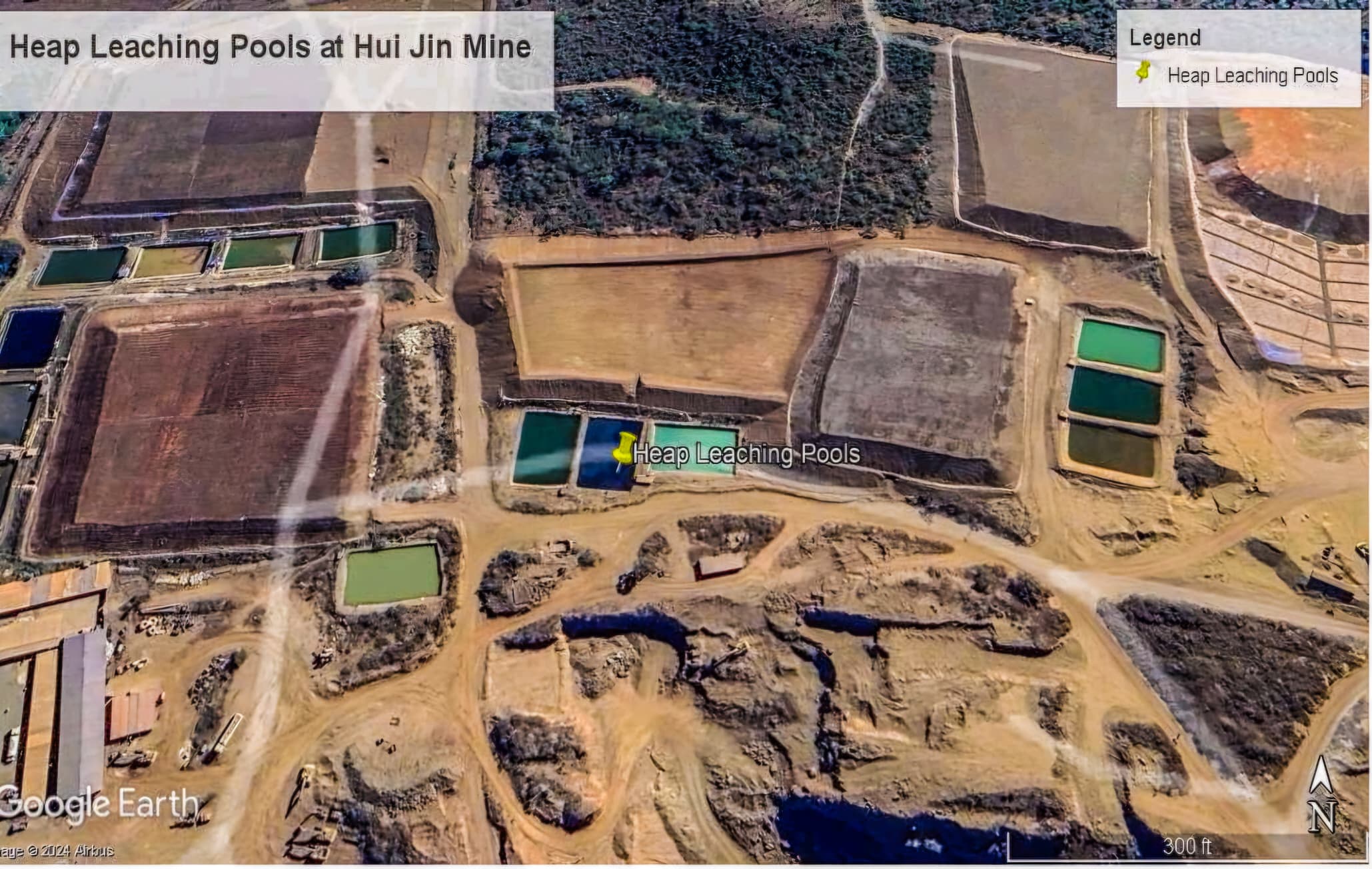NATHAN GUMA
HARMFUL mining practices are going unabated in Mutasa district, Manicaland province, as Chinese-owned Sino Africa Hui Jin (Private) company comes under fire for causing environmental degradation in Premier Estates.
The company’s gold prospecting operations, which commenced in February 2022, are destroying natural habitat including decimating a mountain.
Blasts from mining operations are causing tremors amid fears of cyanide poisoning of water sources.
This has heavily impacted communities residing downhill whose houses are cracking due to tremors from its blasting activities, while blocking crucial roads leading to schools and a local hospital.
Open cast mining by the company has destroyed roads, blocking the way to crucial social services such as hospitals and schools.
“The road that links our homesteads to the hospital was closed to an extent that we cannot access medical attention easily like before,” says Premier Estates resident Caxtone Kuchiko, in a letter to the Environmental Management Agency (Ema).
“Our children cannot access the Hartzell Schools easily because of the closure to the link road. Our passage to our local cemetery has been blocked too. They have promised to construct an alternative road but nothing has materialised since February 2022.”
In the letter, Kuchiko complained the blasts are being conducted barely 100 metres from his homestead.
“Life has become difficult for us ever since they began their operations in February 2022,” he said.
“There is rampant environmental degradation and we are not sure whether the relevant authorities are not aware of what is happening. The Chinese mining company is bringing down a mountain but nothing has been done to safeguard the lives of all those families at the foot of the mountain.”
“Blasting takes place at any minute and our lives are at risk. At one point, rubble from blasting hit and destroyed part of the roof of one of the inhabitants’ houses. Can you imagine what would have happened if it had hit a person.”
According to the letter, there are also fears of poisoning with chemicals that are creating a foul stench being emitted in their vicinity.
“They use chemicals which turn all the ground on our homesteads into white ash when they apply the chemicals. You cannot do anything when the application is taking place because it will be choking,” it reads.
“This goes on for several days and we do not know what will become of us. We do not even know what chemicals they are using.”
According to an aerial view of the mine, Hui Jin is carrying out open cast mining, which is bringing down the eastern part of the nearby mountain. A satellite aerial view has also shown that the company is using the heap leaching method to clean ore.
In the heap leaching process, the mined ore is crushed to size, usually below 20–25 mm, and heaps are scientifically prepared and engineered on prepared bottom pads.
The aerial view also shows the heaps and pads. Last month, while presenting the state of mining report at the mine before the parliamentary portfolio committee on mines, the director of the Centre for Natural Resource Governance Farai Maguwu said that Hui Jin’s operations have been worsened by opaqueness in environmental impact assessments (EIA). An EIA is a tool used to assess the significant effects of a proposed project on the environment.
For instance, Maguwu said while the community attended EIA consultative meetings, other residents only signed the attendance register, only to learn that it was used to purport they had consented to the project.
“The EIA also says that only three households are going to be affected by the mining that is taking place. According to the community, almost 21 households have been affected, especially those that are at the foot of the hill,” Maguwu told the parliamentary portfolio committee on mines.
“The residents are saying there is a white substance that is being thrown around in the process of processing the gold. Others are alleging this is cyanide that is being used to purify the gold, and there is also blasting without notice.”
Residents have also reported fish deaths earlier this year, amid fears the causes could be cyanide which is being washed into the nearby Mutare River.
Mutare River is a tributary of Odzi River, which in turn feeds into the heavily silted Save River that flows all the way to the Indian Ocean.
“This mine is not fenced. They only secured the front gate and you can enter it through any point. There is a danger that children and livestock can walk in and drink water laced with cyanide,” Maguwu said.
“There is no standard PPE [personal protective equipment]. The safety and security of our people. We want development, but no life should be lost in the process.”
Maguwu said dust pollution is being caused by excessive dust from blasting, now taking place less than one kilometre from the Old Mutare Mission Hospital.
“And spare a thought for the patients who are being woken up upon every blast,” he said. “There is Hartzell Primary and Secondary School which are being affected. There is Old Mutare Orphanage,” he complained.
“There is dust pollution and they are complaining about possible respiratory diseases affecting them. There is noise pollution as ore crushing used to be done daily. But it is now only happening at night after complaints.”











